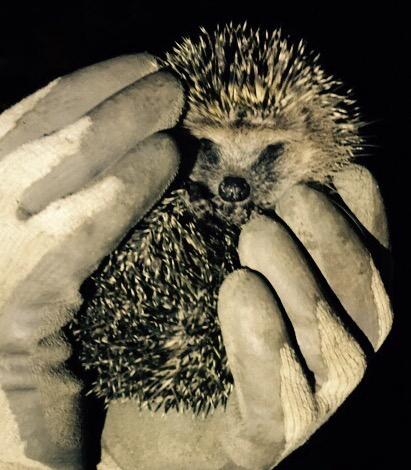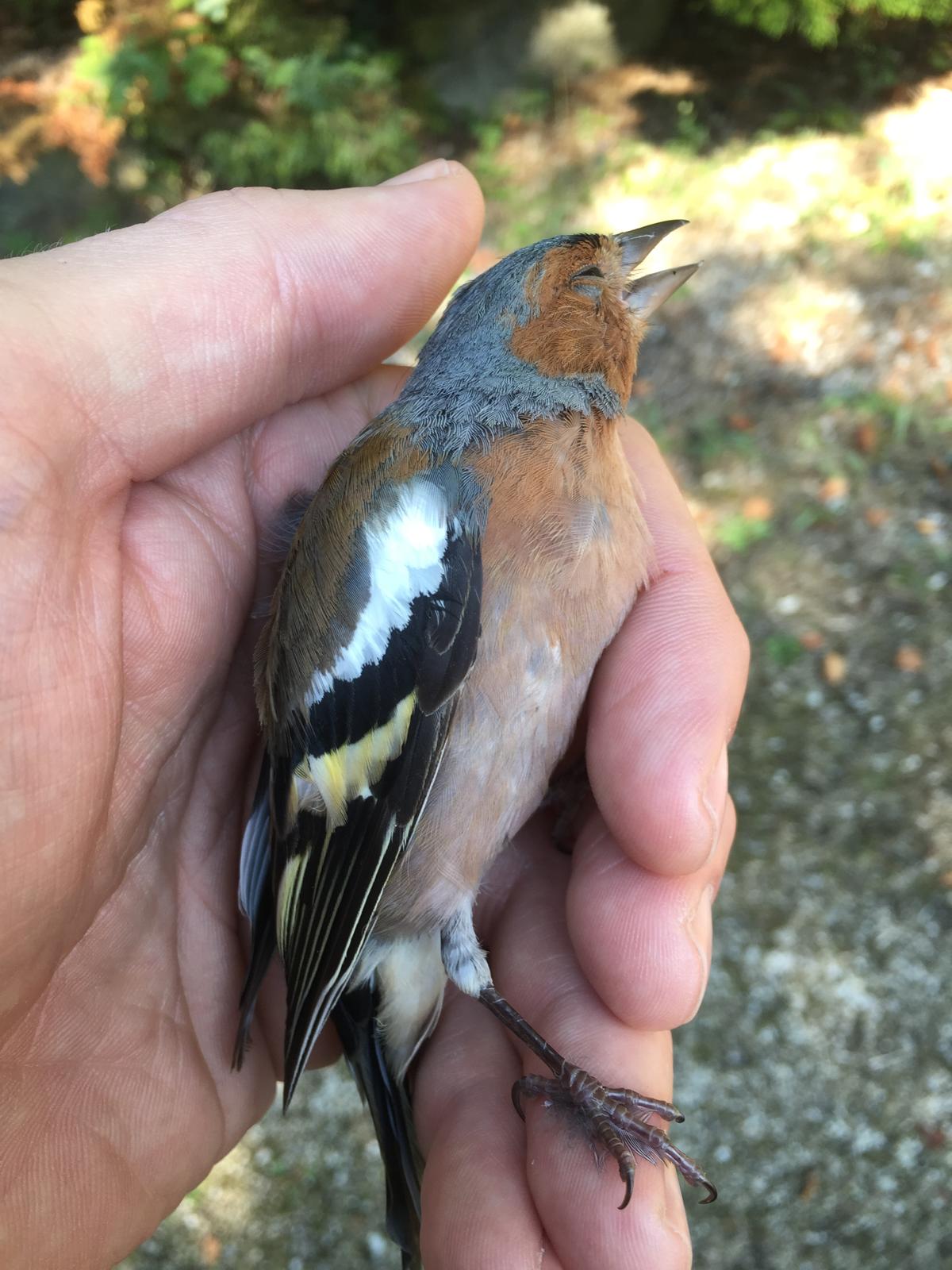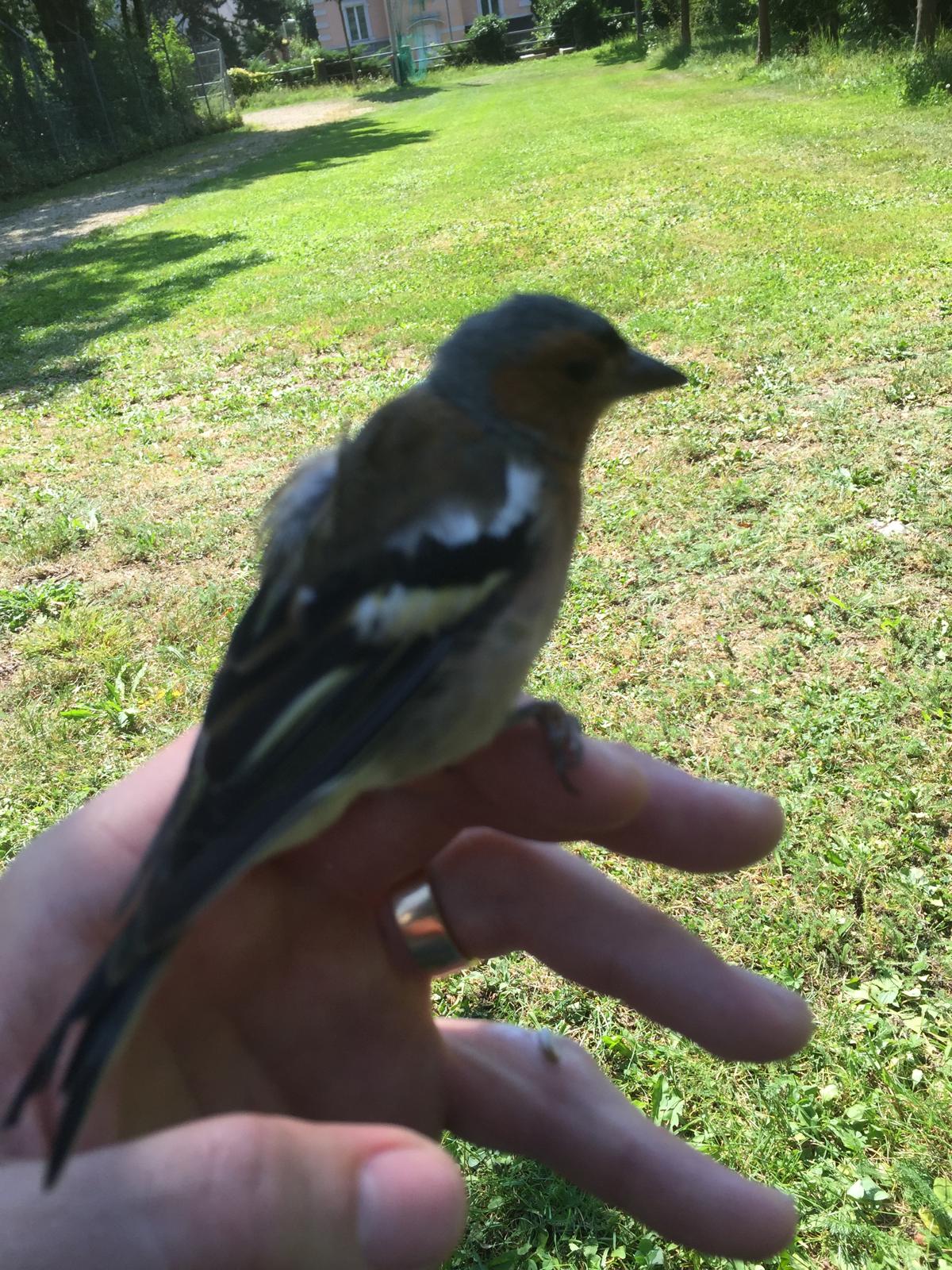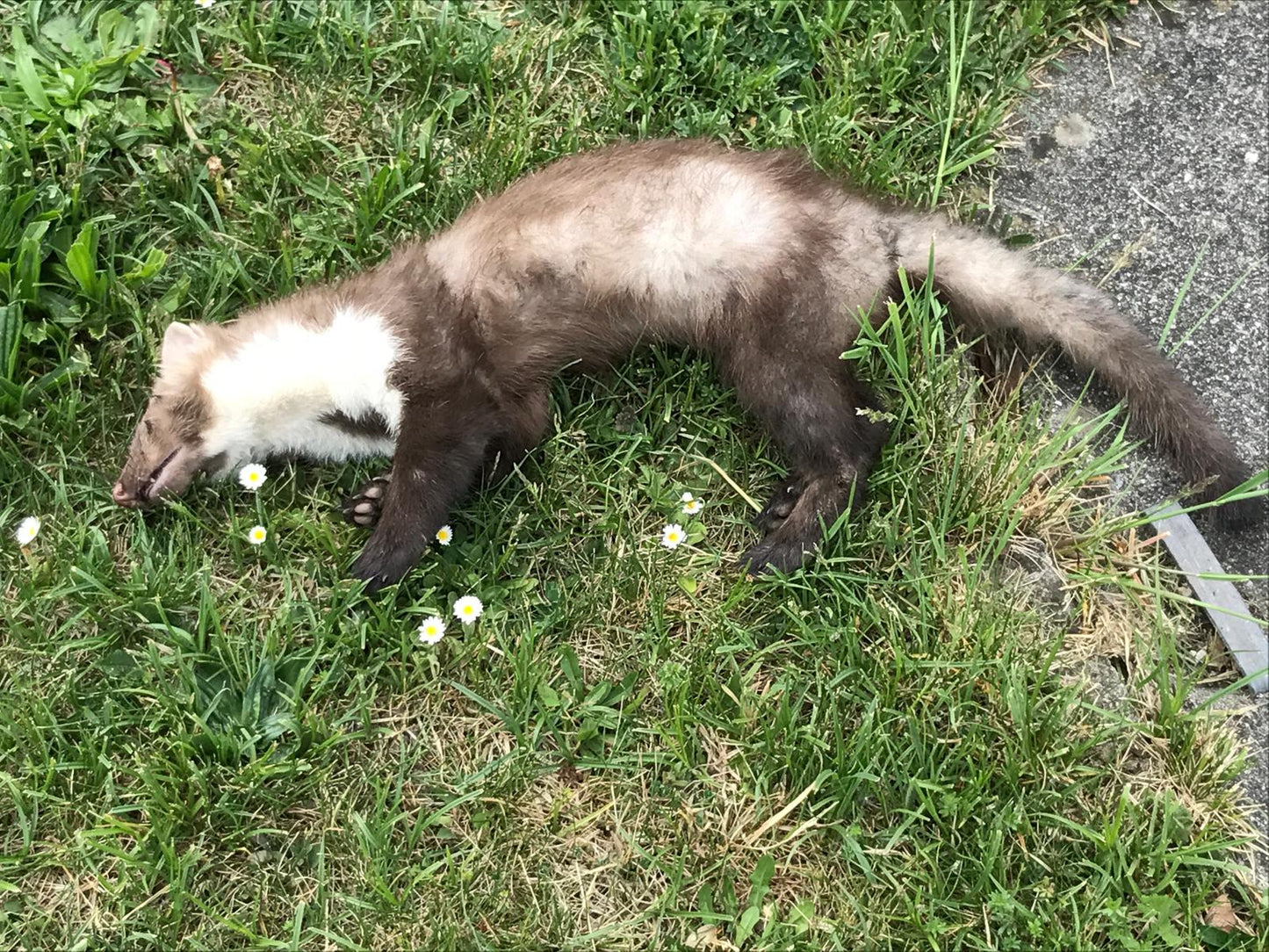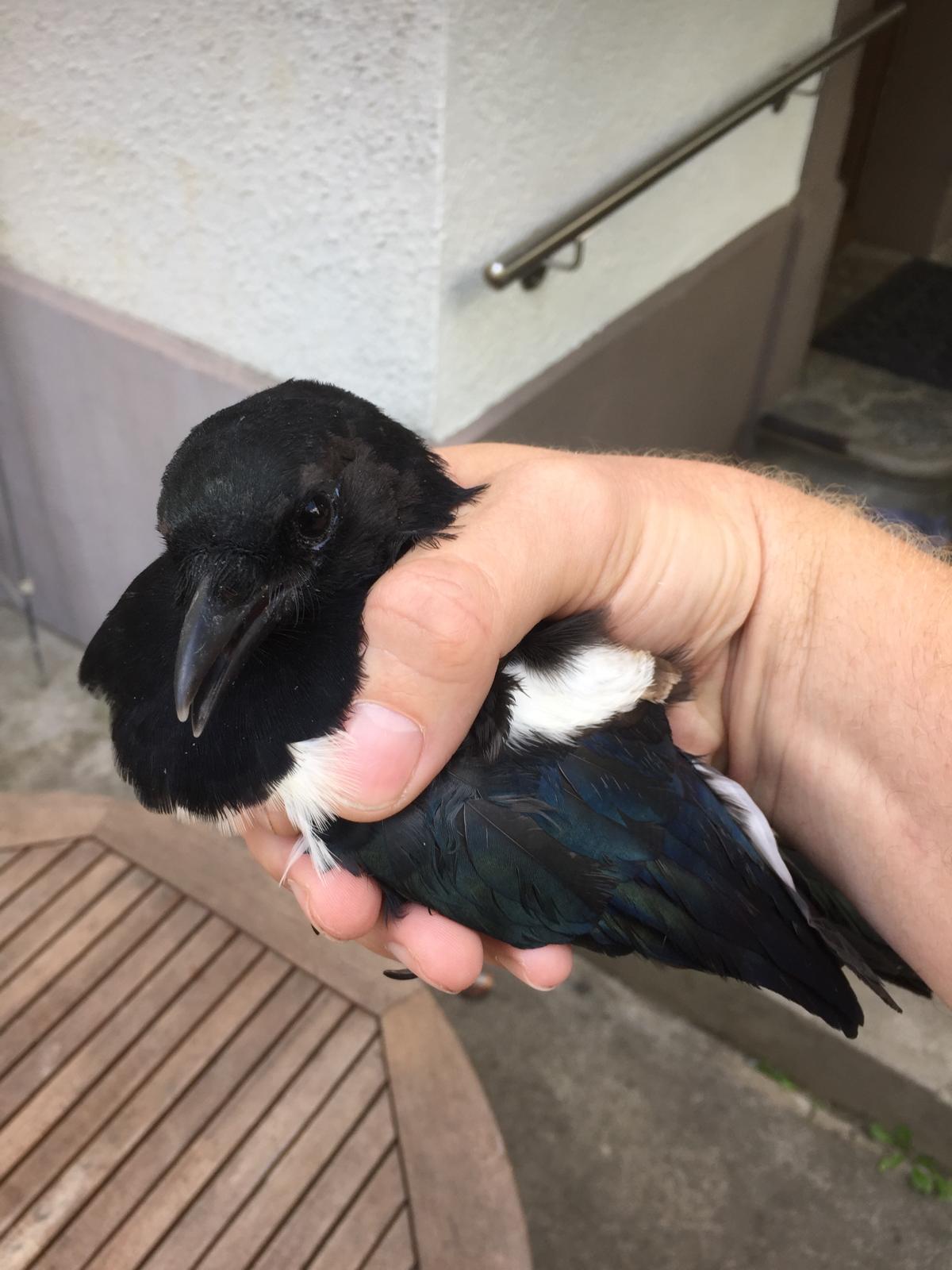BEAPHAR
Beaphar Lactol Kitty Milk - milk replacer for kittens 250g
Beaphar Lactol Kitty Milk - milk replacer for kittens 250g
Couldn't load pickup availability
Beaphar Lactol Kitty Milk - powdered milk for kittens
Complete milk replacer for kittens up to 35 days old.
It is also recommended as a food additive for pregnant and lactating cats.
Cow's milk provides too little protein and fat, while Kitty Milk is a source of balanced fats, vitamins and minerals.
Composition:
Milk and dairy products, oils and fats, minerals.
Analysis:
Crude protein 24%, crude fiber 0%, crude oils and fats 24%, crude ash 7%, moisture 3.5%, calcium 0.8%, phosphorus 0.7%, sodium 0.5%, magnesium 0.16%, potassium 1.5%.
Dietary additives (content in kg)
vitamin A 25,000 IU, vitamin D3 2000 IU, vitamin B1 5 mg, vitamin B2 3 mg, vitamin B6 3 mg, vitamin B12 60 μg, vitamin C 620 mg, vitamin E 210 IU, biotin 50 μg, vitamin K3 3 mg , taurine 3000 mg, calcium D-pantothenate 10 mg, iron (Fe) 80 mg, iodine (I) 0.25 mg, manganese (Mn) 30 mg, selenium (Se) 0.2 mg, DL-methionine 3000 mg.
Use:
Place the appropriate, measured amount of milk powder in the bottle. Add Kitty Milk to warm, not boiling water and stir until completely dissolved. After cooling to 38°C, the milk is ready for serving.
Older pets may prefer to drink cold Kitty Milk. It is recommended to give milk to young animals in a sterile feeding set.
Prepared milk can be stored in the refrigerator for up to 24 hours. Animals must have constant access to clean, fresh water, which should be changed every day.
Recommended proportions :
- Mix 31.5 g with 100 ml of warm water
Recommended daily dose:
- it is impossible to give an exact daily amount due to significant differences in age, size and breed - the best solution will be "feeding on demand".
Approximate feeding guidelines are provided in the table below. Remember to check your pet's weight every day.
| Kittens weight (g) | Max. daily dose (ml) |
| 100 | 50 |
| 200 | 80 |
| 400 | 135 |
| 600 | 180 |
| 1000 | 250 |
| Age (in days) | Number of meals |
| 2 - 7 | 8 - 12 (every 2-3 hours, also at night) |
| 8 - 21 | 8 (every 3 hours, also at night) |
| 22 - 28 | 6 - 8 (every 3-4 hours, also at night) |
| 29 - 35 | 4 - 6 (including 1 night feeding) |
| 36 - 42 | 3 |
| 43 - 49 | 0 - 3 |
Orphaned kittens:
If the kittens cannot be placed with another nursing cat, then the responsibilities related to feeding, care and learning must be taken over by the guardian. The following tips are an outline of what to do when feeding kittens. You should regularly check the hole in the teat so that when you turn the bottle over, milk drips out in drops. If the hole is too large, the kitten may choke. However, a hole that is too small may cause air to be sucked in. In addition, check whether the hole is not clogged. Sterilize bottles and teats regularly. After each feeding, the kitten's belly and anus area should be massaged to stimulate the urination reflex.
Supplementary nutrition:
When Kitty Milk is used as a complementary food for kittens staying with their mother, it is recommended that the smallest and weakest kittens be left to the mother to nurse, providing them with access to the additional benefits of mother's milk, and milk replacer food should be given to stronger kittens, in accordance with the recommendations below.
Amounts of food given to weaned kittens:
- 36 - 42 days of life: up to 4.0% of body weight = 40 ml/kg
- 43 - 49 days of life: up to 1.3% of body weight = 13 ml/kg
amount of milk for additional feeding for growing kittens and adults:
- Pregnant cats or lactating mothers, sick or convalescent animals: up to 1.3% of body weight = 13 ml/kg
Kitten weaning:
After the 36th day of the animal's life, the diet should be slowly changed to a more solid one, including minced meat, kitten food, etc. The amounts of Kitty Milk should be gradually reduced while the animal gets used to solid, ready-made food or home-prepared food + drinking water.
Share

animals@shop
Support the construction of a wild animal rehabilitation center in Poland
Share

